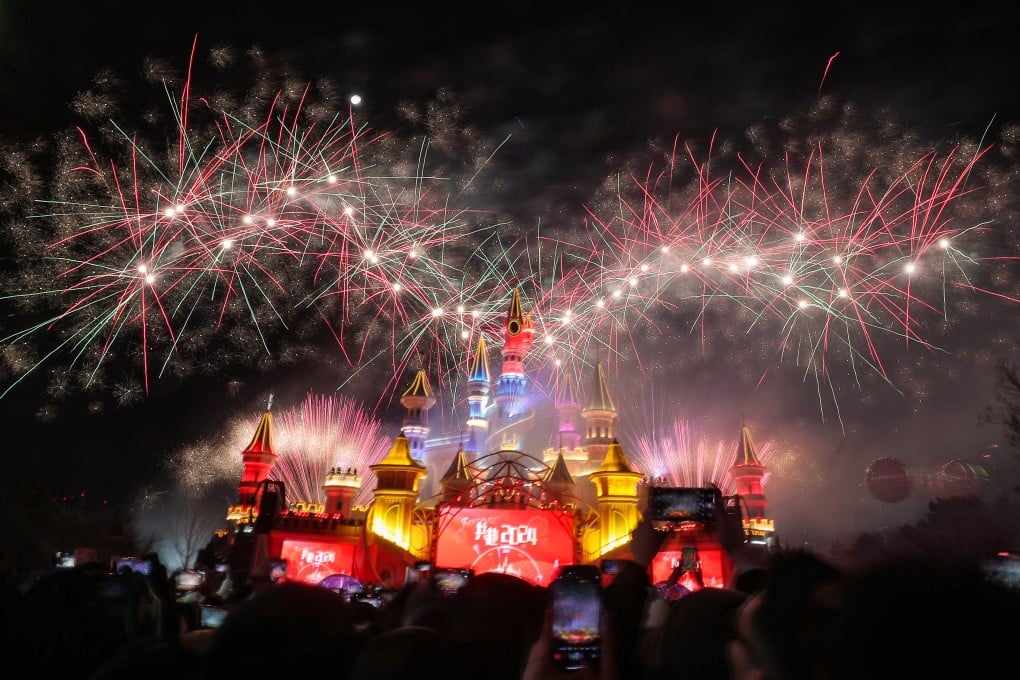Advertisement
Global Impact: time to reflect on 2023 for mainland China, Hong Kong and the rest of the world, and look ahead to 2024
- Global Impact is a weekly curated newsletter featuring a news topic originating in China with a significant macro impact for our newsreaders around the world
- In this issue, we look back at the events that shaped 2023, and looks forward to what we can expect in mainland China, Hong Kong and the rest of the world in 2024
Reading Time:9 minutes
Why you can trust SCMP
0

Global Impact is a weekly curated newsletter featuring a news topic originating in China with a significant macro impact for our newsreaders around the world. Sign up now!
The world in 2023 was more challenging, costlier and hotter than before.
There were several major conflagrations: Russia was still embroiled in Ukraine nearly two years after invading its neighbour. Israel’s military operations claimed an estimated 20,000 lives as of December 22 in Gaza, 11 weeks after Hamas terrorists killed and kidnapped hundreds in an Israeli kibbutz. In recent weeks, Yemen’s Houthi fighters have attacked ships sailing through the Red Sea on their way to Europe via the Suez Canal.
The global “climate breakdown” has begun, said the secretary general of the United Nations, as the summer of 2023 was the hottest in human history. That extreme weather underscored the importance of the landmark deal in Dubai, where participants at the Cop28 climate conference agreed to shift energy systems away from fossil fuels, even if critics said the pact was watered down and non-binding. All eyes will be on the Cop29 climate conference, scheduled for November 2024 in Azerbaijan.
The cost of money rose all over the world, as global central banks raised interest rates to halt inflation, which accelerated to 6.6 per cent in 2023, according to the International Monetary Fund.
Huawei Technologies surprised the world with its 5G-capable Mate 60 smartphone using an advanced chip that it stealthily developed to bypass US sanctions. More “disruptive” products are promised in 2024, said executive Richard Yu.
Advertisement
